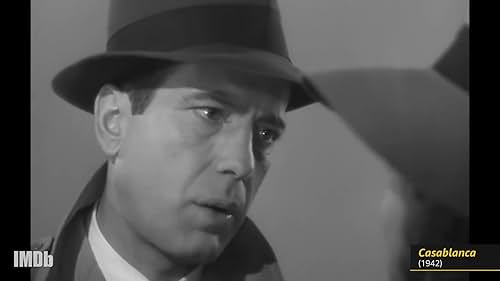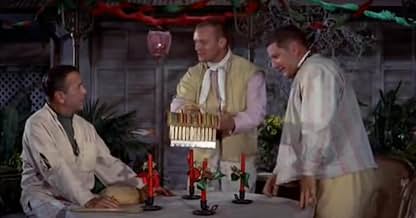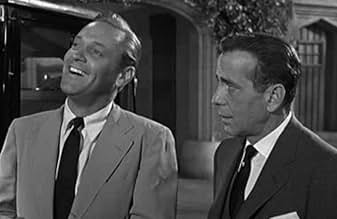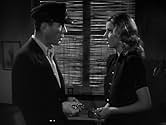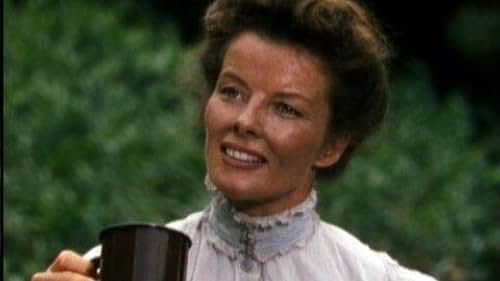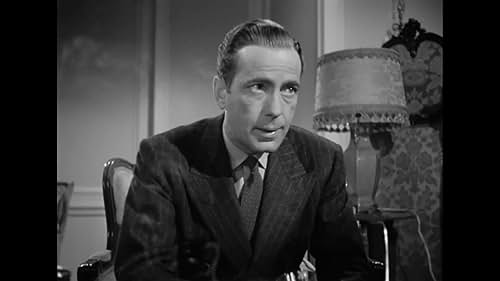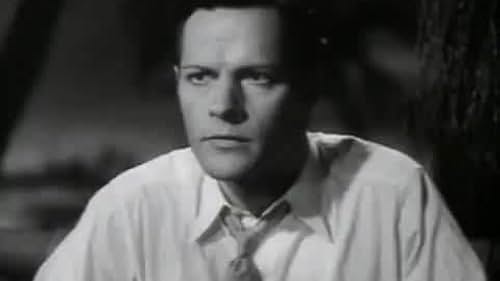Humphrey Bogart(1899-1957)
- Actor
- Producer
- Additional Crew
Humphrey DeForest Bogart was born in New York City, New York, to Maud Humphrey, a famed magazine illustrator and suffragette, and Belmont DeForest Bogart, a moderately wealthy surgeon (who was secretly
addicted to opium). Bogart
was educated at Trinity School, NYC, and was sent to Phillips Academy
in Andover, Massachusetts, in preparation for medical studies at Yale.
He was expelled from Phillips and joined the U.S. Naval Reserve. From
1920 to 1922, he managed a stage company owned by family friend
William A. Brady (the father of actress
Alice Brady), performing a variety of tasks
at Brady's film studio in New York. He then began regular stage
performances. Alexander Woollcott
described his acting in a 1922 play as inadequate. In 1930, he gained a
contract with Fox, his feature film debut in a ten-minute short,
Broadway's Like That (1930),
co-starring Ruth Etting and
Joan Blondell. Fox released him after two
years. After five years of stage and minor film roles, he had his
breakthrough role in
The Petrified Forest (1936)
from Warner Bros. He won the part over
Edward G. Robinson only after the
star, Leslie Howard, threatened
Warner Bros. that he would quit unless Bogart was given the key role of
Duke Mantee, which he had played in the Broadway production with
Howard. The film was a major success and led to a long-term contract
with Warner Bros. From 1936 to 1940, Bogart appeared in 28 films,
usually as a gangster, twice in Westerns and even a horror film. His
landmark year was 1941 (often capitalizing on parts
George Raft had stupidly rejected) with
roles in classics such as
High Sierra (1941) and as Sam Spade
in one of his most fondly remembered films,
The Maltese Falcon (1941).
These were followed by
Casablanca (1942),
The Big Sleep (1946), and
Key Largo (1948). Bogart, despite his
erratic education, was incredibly well-read and he favored writers and
intellectuals within his small circle of friends. In 1947, he joined
wife Lauren Bacall and other actors
protesting the House Un-American Activities Committee witch hunts. He
also formed his own production company, and the next year made
The Treasure of the Sierra Madre (1948).
Bogie won the best actor Academy Award for
The African Queen (1951) and
was nominated for Casablanca (1942)
and as Captain Queeg in
The Caine Mutiny (1954), a
film made when he was already seriously ill. He died in his sleep at
his Hollywood home following surgeries and a battle with throat cancer.

